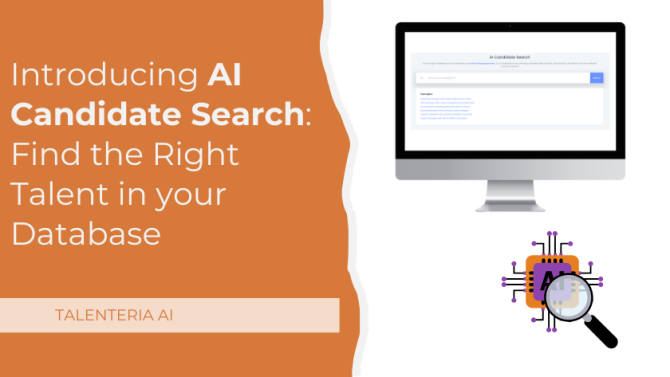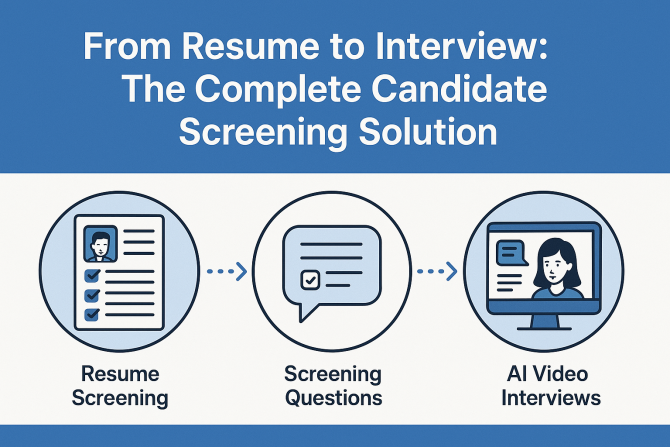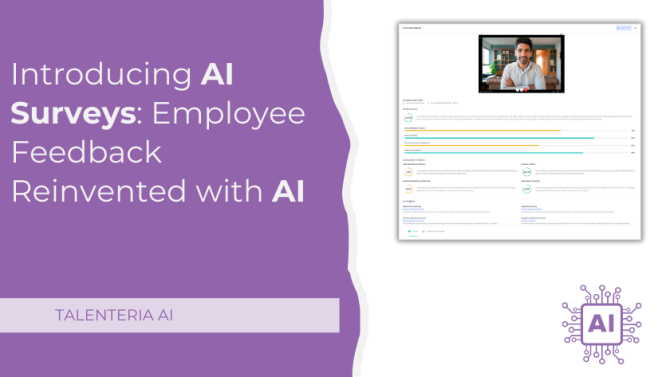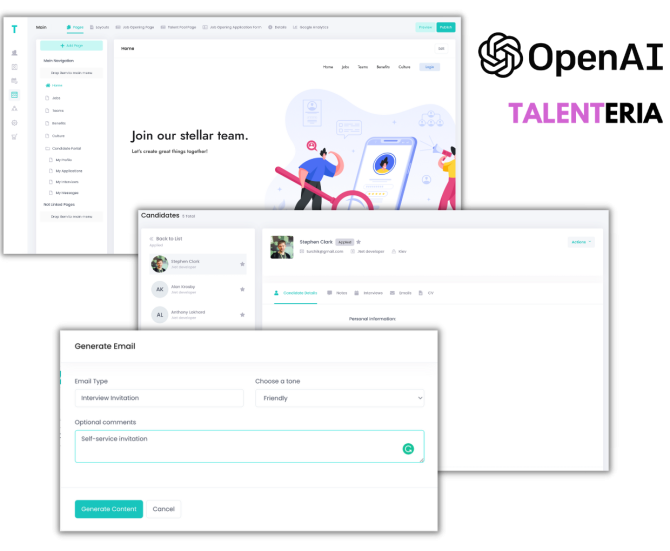
Unexpected disasters in your company can lead to big losses. You need to have backup plans in case of emergencies. Having a business continuity plan will prepare you for the worst possible scenarios in your company. This will be an avenue for you to recover and avoid further losses.
What Is a Business Continuity Plan?
A business continuity plan is a recovery plan for different emergencies a company can face, such as natural disasters, pandemic outbreaks, and technological disruptions from hacking.
Your continuity plan should outline your company’s ways to recover in different unexpected situations. It should contain instructions for different department heads and employees to guide them about the situation and the necessary steps to recover and keep the business running.
One big step is to ask various leaders who have experienced the disasters and interview them on the recovery steps they have done. You can sort out your own step-by-step procedure when you are faced with emergencies.
Why Is a Business Continuity Plan Important?
Business continuity plans are crucial for any organization - some reasons for this include:
Fewer Liabilities
Loans usually come with interests in banks. If you are not prepared during a disaster, you will need additional funds that you don’t have on hand. Thus, you will need to apply for loans in different banks to suffice your company’s needs during emergencies. With a business continuity plan, you don’t have to worry about getting loans. You have enough emergency funds to sustain your business at rough times.
Saving People
Saving your people is the utmost priority during natural disasters such as floods and earthquakes. Your people are the heart of your business. They make things happen for the business to run smoothly and efficiently. So, you need to have a disaster risk plan as part of your continuity plan to avoid injuries that may cause your people severe pain. If they are injured and cannot do their tasks, your business can experience delays in operations and even a lack of workforce.
Saving Time
Having an effective business continuity plan will help you recover fast from damages caused by emergencies. If you have no contingency plan, you will start from scratch to brainstorm how to address the disaster. Thus, it will save you more time when you already have a prepared plan that can be used to assess the situation and act accordingly.
Saving Money
Money is the lifeblood of your business. You need to have sufficient cash to run your company, including paying your expenses, settling your liabilities, and continuing to grow the company. Having no contingency plan for a disaster will cost you more, as you’ll have to use trial and error to find a solution after an emergency. If you were prepared before the unexpected situation, you have a proven solution to actualize and use for your business’ recovery.
Saving Your Image and Branding
When you have an effective solution to problems in your business, people will see you as a flexible company in various situations. Your company will continue to grow and lead the industry you are in. You will maintain a good reputation instead of a company failing and going bankrupt because of unpreparedness.
Faster Recovery Process
By failing to prepare, you’ve already failed. This is a saying you always hear when you have no plans during emergency situations. Through a continuity plan, you can recover faster from disasters. You will have a well-structured and organized plan that you can use to keep your business running.
Minimizing Damages
Damages are the outcome of unexpected events in your company, and it is inevitable. With a recovery plan, you can minimize the damages that a disaster may cause in your business since you can bounce back and go back to the usual business operations in no time.
Benefits of a Business Continuity Plan
With the crucial aspects of a business continuity plan covered, what additional benefits can one bring?
Benefit 1: Maintain Business Operations
When an emergency occurs, most companies would have to stop operations. A business continuity plan will allow you to assess the situation and use your backup plan and resources to manage operations. For example, let’s say there is a heavy storm with heavy winds, and it has caused damages to your business offices. With a plan, you can introduce the work from home to your employees until the situation gets better. This plan will help you maintain the necessary operations of your company instead of delaying workloads.
Benefit 2: Gain Customers’ Trust
Knowing that you are resilient to withstand all kinds of situations will gain your customers’ trust in you. Giving them the best service despite unexpected situations can let your customers know that you will not let them down. They will continue to support you.
A good example is food businesses that are available during a pandemic outbreak. Customers’ essential need is food. During outbreaks, it is hard to always go outside and get supplies of food. However, when there are food companies having delivery options to adapt to the situation, customers can get services and trust the company even in tough situations.
Benefit 3: Develop Competitiveness in the Industry
As your company grows, many businesses will also start to emerge. Your edge above them is a well-constructed continuity plan that will allow you to avoid big losses during emergencies. If you are always prepared in every situation you are faced with, you will become one of the leading companies that can combat damages and avoid going bankrupt and shutting down.
Benefit 4: Avoid a Disrupted Supply Chain
A disrupted supply chain will cost you delays in the production and delivery of services and products. During emergencies, there are sudden disruptions in the supply chain due to different causes, such as road blockage caused by typhoons. If you have pending orders, customers can cancel them due to delays. However, if you have a continuity plan, you can prevent the loss of customers due to delays. For instance, you can try to give out discount vouchers because of the delay, and your customer will be more inclined to wait for their orders. This might save the customer-seller relationship, and they could continue to purchase your products in the future.
Benefit 5: Manage Financial Loss
During an emergency, having to stop operations will create financial losses. You will also experience problems with properties and company equipment. The situation will cost you a lot of money, which you need to be prepared for. Your plan must include investments in high-quality equipment and disaster management structures in your offices for storms, fires, and earthquakes.
When you are unprepared during emergencies, you might not have enough emergency funds to sustain your business. Having a good continuity plan can assess how much your business needs to allocate to survive damages caused by natural disasters, technological malware, hacking, and pandemic outbreaks. With this, you will have enough financial resources to sustain your business.
Creating Your E-Commerce Business Continuity Plan
Coming up with your own business continuity plan is quite challenging. You need to assess the different situations your company could be facing. The following steps will help you start creating your continuity plan.
1. Brainstorm Different Disasters That Your Company May Face
In order to have a plan, you need to determine the cause of future damages in your business. Disasters are not common, but their effects can cost your business financial losses. Usual disasters in a business are natural disasters such as hurricanes, earthquakes, fires, and floods. During these natural phenomena, the damages are unavoidable. You need to know what are the possible outcomes of the disasters to start planning your recovery process.
Also, with the advancements in technology, more and more companies venture into computer systems with their business operations. So, nowadays, emergencies can include hacking and malware attacks that cause file losses and even money losses through bank account hacking.
2. Provide a Plan of Action
Once you know the causes of damages, you can start your plan of action. You can create a step-by-step process of recovery. For natural disasters, you can start by assessing the damages and determining how you can avoid sticky situations; for example, you must avoid placing important files in flood-prone areas of your office.
For hacking and malware attacks, business continuity plans will allow you to think of these possible scenarios. Then, you will have plans on having backup files always ready for each department in soft and hard copy. You will also have direct bank contact with your banks to adhere to such situations.
3. Identify the Pros and Cons of Your Plan
Weighing the pros and cons will help you choose the best contingency plan that will save you people, time, effort, and money. For example, let’s say there is a malware attack on your computer system. Your choices are using the services of a well-versed technician in your company or getting a new computer system. If you choose to employ a highly skilled technician, you can have someone to rely on when there are future problems with your computer system. On the other hand, if you choose the new computer system, you can still have a future malware attack, and it will cost you again to have a new system.
4. Test the Feasibility of Your Plan
Create models of your plan by representing a possible disaster scenario. With this, you can imagine the possible effects of disasters and how your plan can combat the situation. If your plan works in the model, you can proceed with it when the time comes.
5. Determine the Expenses and Sort Out Your Budget
Budgeting can be quite expensive when accounting for big disasters such as earthquakes that cause damages to your offices. You need to prepare an emergency fund that can cover all the expenses to bounce back from the disaster your company has experienced. You need to know the prices of various materials and services to sort out the right budget.
6. Disseminate Tasks to Various Departments
Your plan is not only for you; you need to distribute the task to every department head and employee to help them prepare as well. Your staff has their own tasks to fulfill during any emergency. Everyone should work hand-in-hand to efficiently actualize the plan.
Start Your Business Continuity Plan
A business continuity plan is essential for any company - no matter your size or industry. By preparing thoroughly, you can withstand any sort of unexpected situation. Conversely, by failing to prepare, you run the risk of going bankrupt after a natural disaster. It’s best to solve the problem proactively rather than reactively.
With a business continuity plan, you can retain your talented employees and team that you worked so hard to cultivate - even in the face of a natural disaster. But if you are still in the process of building that perfect team, consider using Talenteria: a new generation career site builder and recruitment marketing platform! Create a career site, manage candidates, post job positions, and offer job invitations - do all this and more with this amazing recruitment tool.






